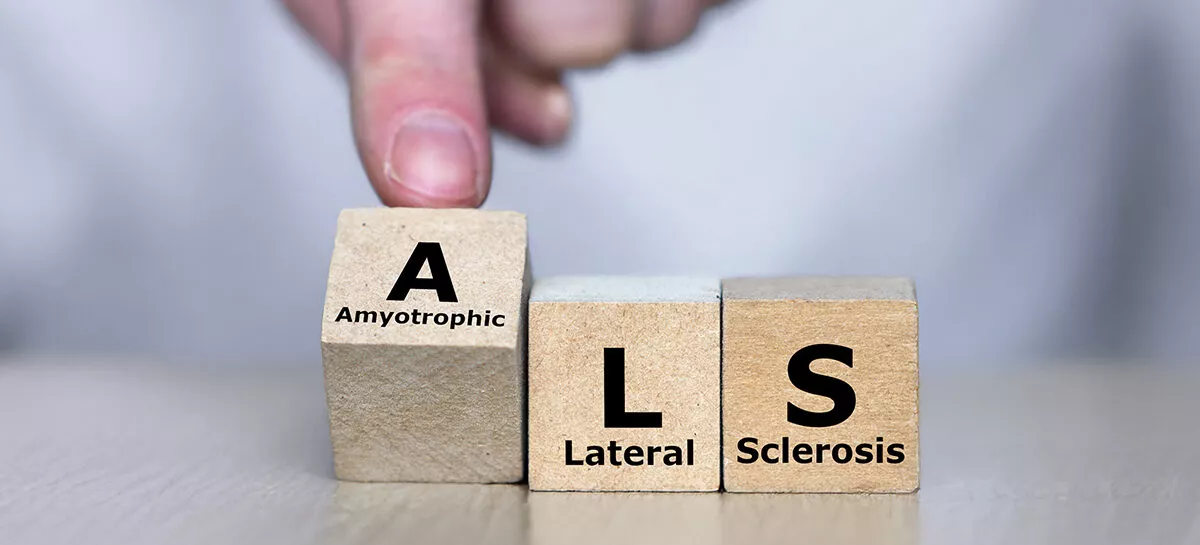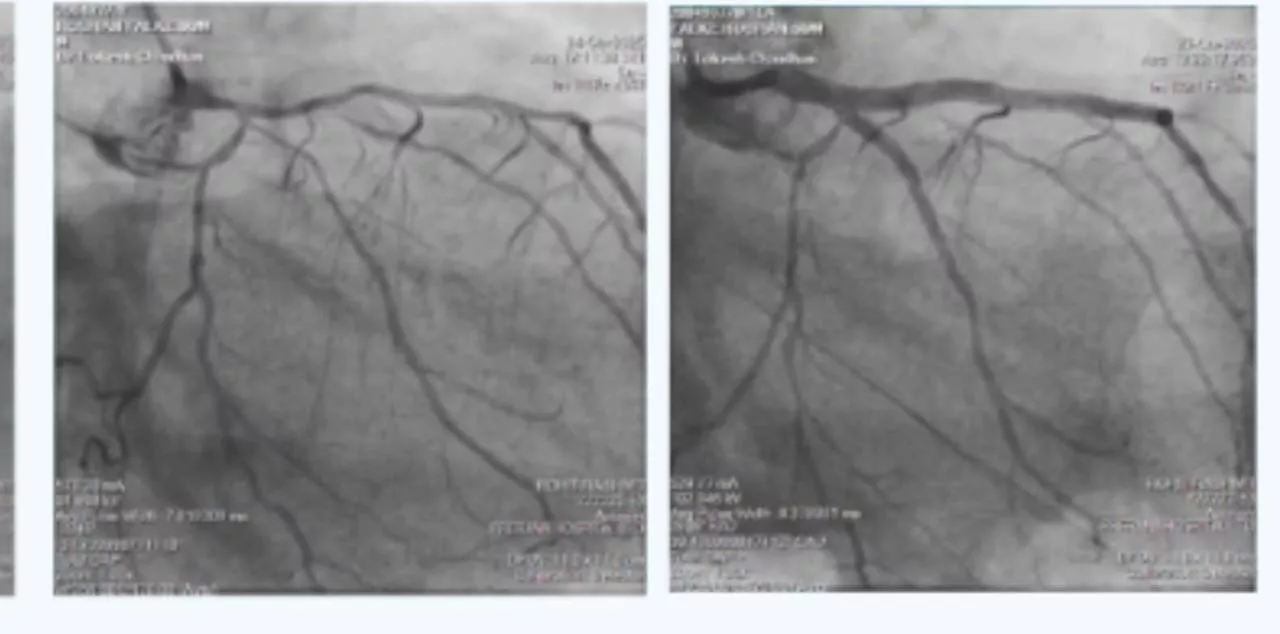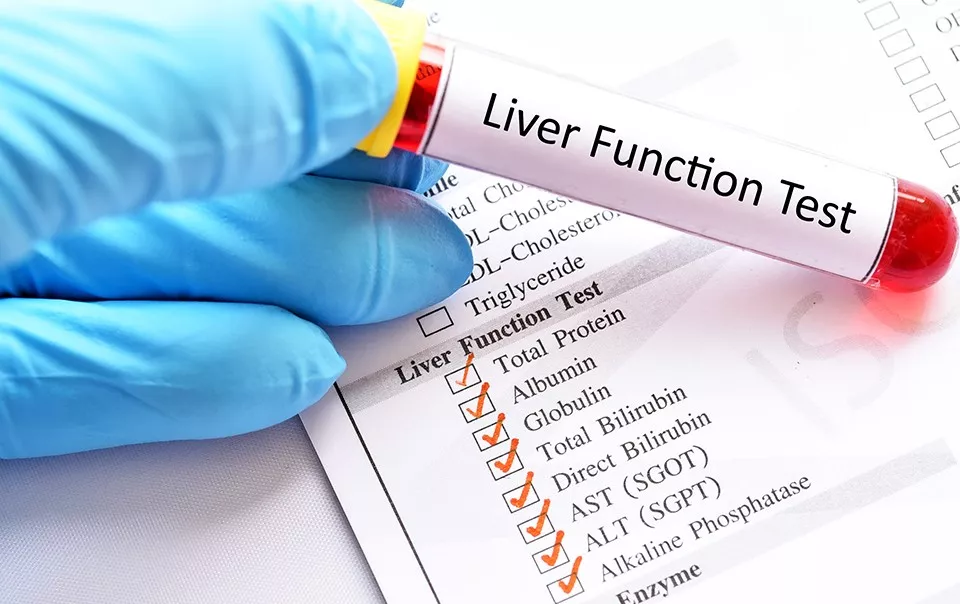Introduction:
Understanding Alcoholic Liver Disease (ALD):
Alcoholic liver disease (ALD) is a common reason for liver transplantation today. Alcoholic liver disease is a spectrum of conditions caused by excessive and prolonged alcohol consumption. It includes alcoholic fatty liver, alcoholic hepatitis, and alcoholic cirrhosis. Without intervention, ALD can progress to end-stage liver disease, necessitating transplantation. If you’re seeking expert care for liver-related conditions, visiting a Gastroenterology Hospital in Hebbal Bangalore can ensure access to advanced diagnostic and treatment facilities.
Criteria for Liver Transplantation in ALD:
Liver transplantation for ALD is a complex topic that has evolved over time. The basis for liver transplant is medical need, not moral judgment. Research shows that transplant outcomes for ALD patients can be good with proper selection criteria and post-transplant support.
There are specific criteria and considerations for transplant eligibility:
- Abstinence: One of the most critical criteria is a demonstrated period of abstinence from alcohol. Transplant candidates must show a commitment to sobriety, typically for at least six months. This requirement ensures that the new liver is not exposed to the same damaging behaviors that led to ALD. Recent data shows the risk of relapse post-transplant is highest for those with shorter sobriety periods before surgery. Careful psychiatric evaluation and addiction treatment pre and post-transplant can improve outcomes for ALD patients. Support groups also play a key role.
- Medical Evaluation: Candidates undergo a rigorous medical and psychological evaluation to determine their overall health and suitability for a transplant. These evaluations help identify other medical conditions that may impact the success of the transplant. Consulting experienced Gastroenterologists in Hebbal Bangalore can be crucial during this phase, as they specialize in managing liver diseases and guiding patients through transplant evaluations.
- Severity of Liver Disease: The severity of liver damage is assessed through various diagnostic tests, including liver function tests, imaging, and liver biopsies. Transplantation is usually considered when patients have advanced to cirrhosis, and their prognosis is poor without a transplant.
Conclusion:
Liver transplantation for alcoholic liver disease is a complex and contentious issue. While there are established criteria, the ethical considerations and controversies surrounding this topic continue to be the subject of debate within the medical community and society at large. The ultimate goal is to strike a balance between providing life-saving treatment to those with ALD while addressing concerns related to resource allocation and ethical responsibilities. The decision to proceed with transplantation in cases of ALD is made carefully, considering individual circumstances and the broader implications for organ transplantation as a whole.
There is hope, but maintaining sobriety before and after transplant is vital.











